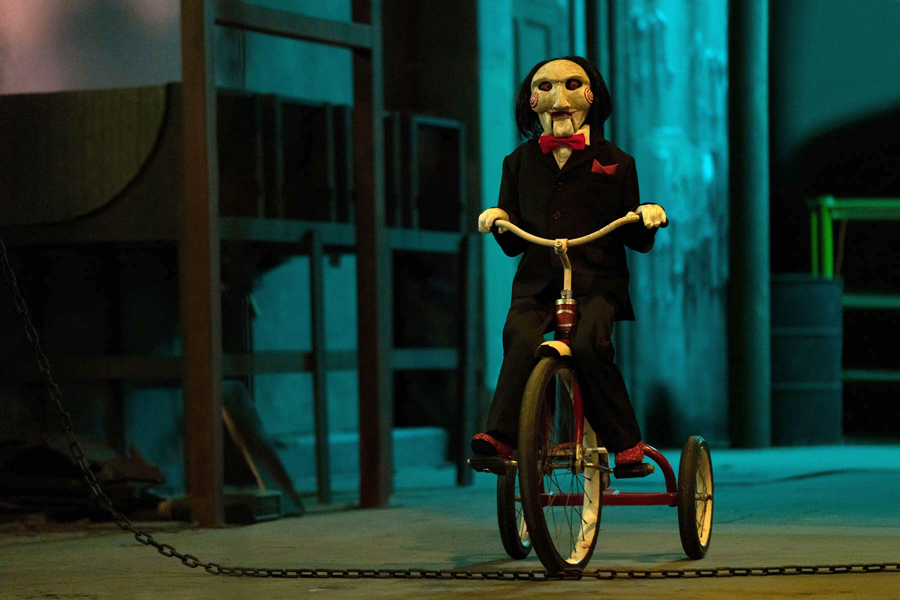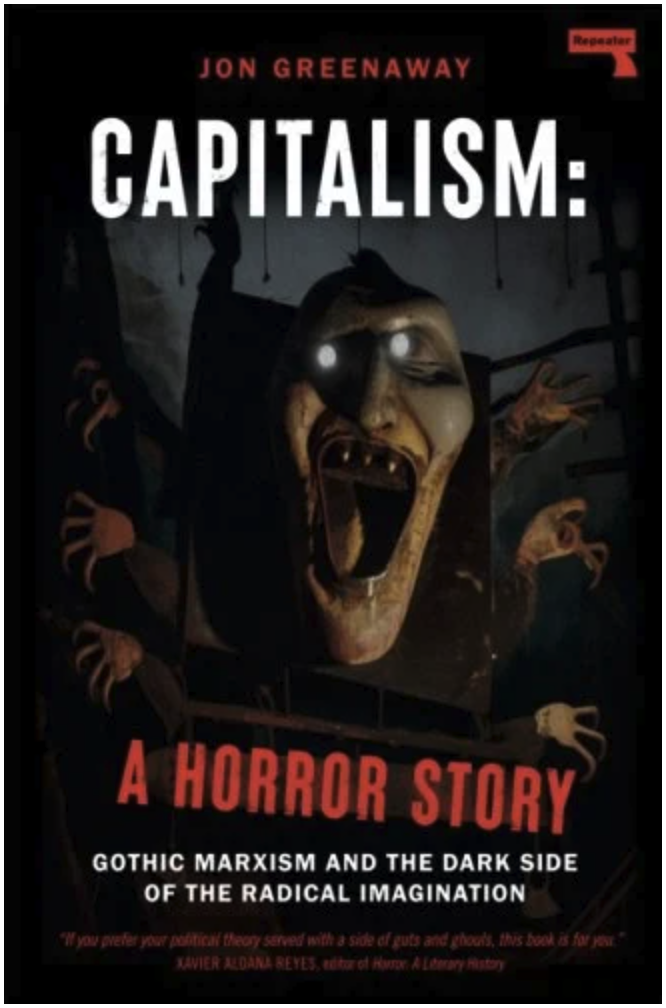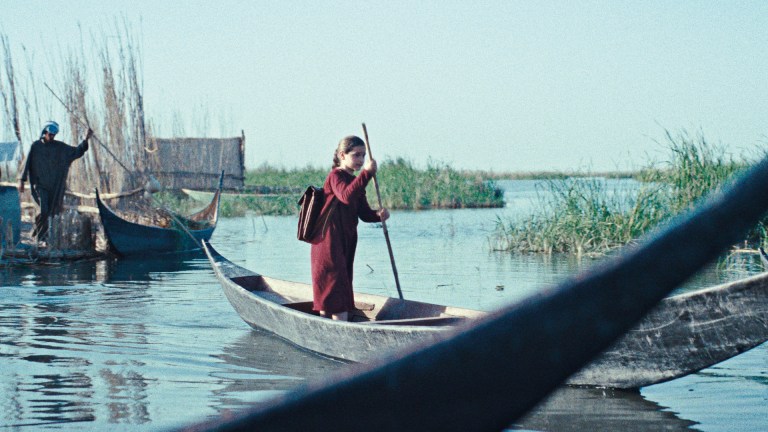From presidential debates to any discussion on social media, politics is often absolutely horrifying. Watching the news can be like watching a horror film.
Or is it the other way around? Are the terrors on screen simply a reflection of our political reality? That’s the argument made by Jon Greenaway, author of Capitalism: A Horror Story. In his new book, Greenaway painstakingly details the last 200 years of capitalism and gives example after example of how each era’s social and political landscape has actively shaped what makes us squeal and squirm.
“The reason the horror film is the way it is,” he says, “is because it’s speaking to what it’s like to be alive under a political system that is violent, increasingly fragile and out of our control.”
Get the latest news and insight into how the Big Issue magazine is made by signing up for the Inside Big Issue newsletter
There is a constant stream of scream-inducing films released in cinemas and streaming platforms. Coinciding with our own general election is A Quiet Place: Day One, the prequel explaining why the world had to turn silent – which around the election campaign sounds like solace rather than a horror film. Over the next couple of months we’ll be revisiting the universes of Alien (Alien: Romulus is released on 16 August) and Beetlejuice (Beetlejuice 2 is out 6 September). At Christmas there will be a resurrection of the ultimate cinematic vampire, Nosferatu, in a Robert Eggers remake – you can draw your own parallels with the US election candidates.
Greenaway has been studying gothic media for more than a decade. He finished his undergrad at the time of the 2008 subprime mortgage crisis. “It’s not a coincidence that the big film franchise that kicked off at that time was Paranormal Activity,” Greenaway says. “At the time you would turn on the news and see homes being repossessed. Then you’d go to the cinema and see a story about a house being possessed.” Your home being taken from you, whether from a ghost or the bank, was terrifying.











